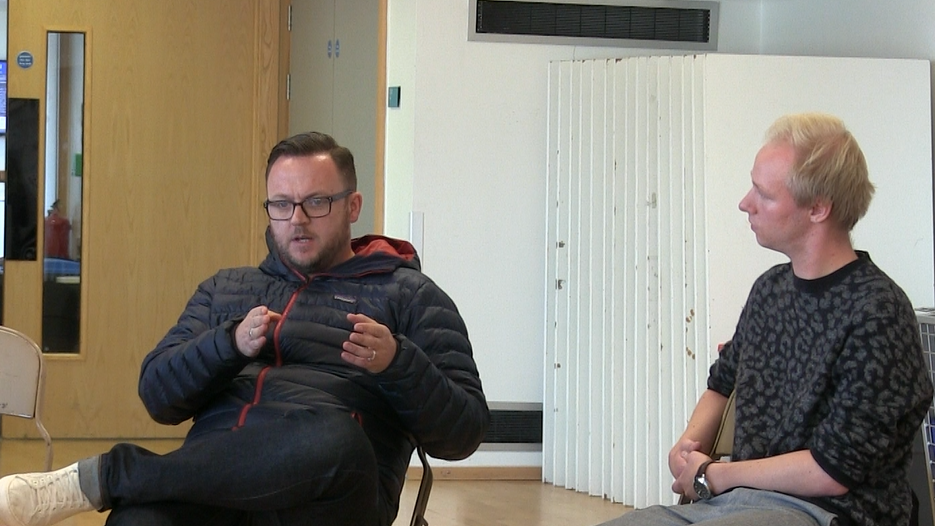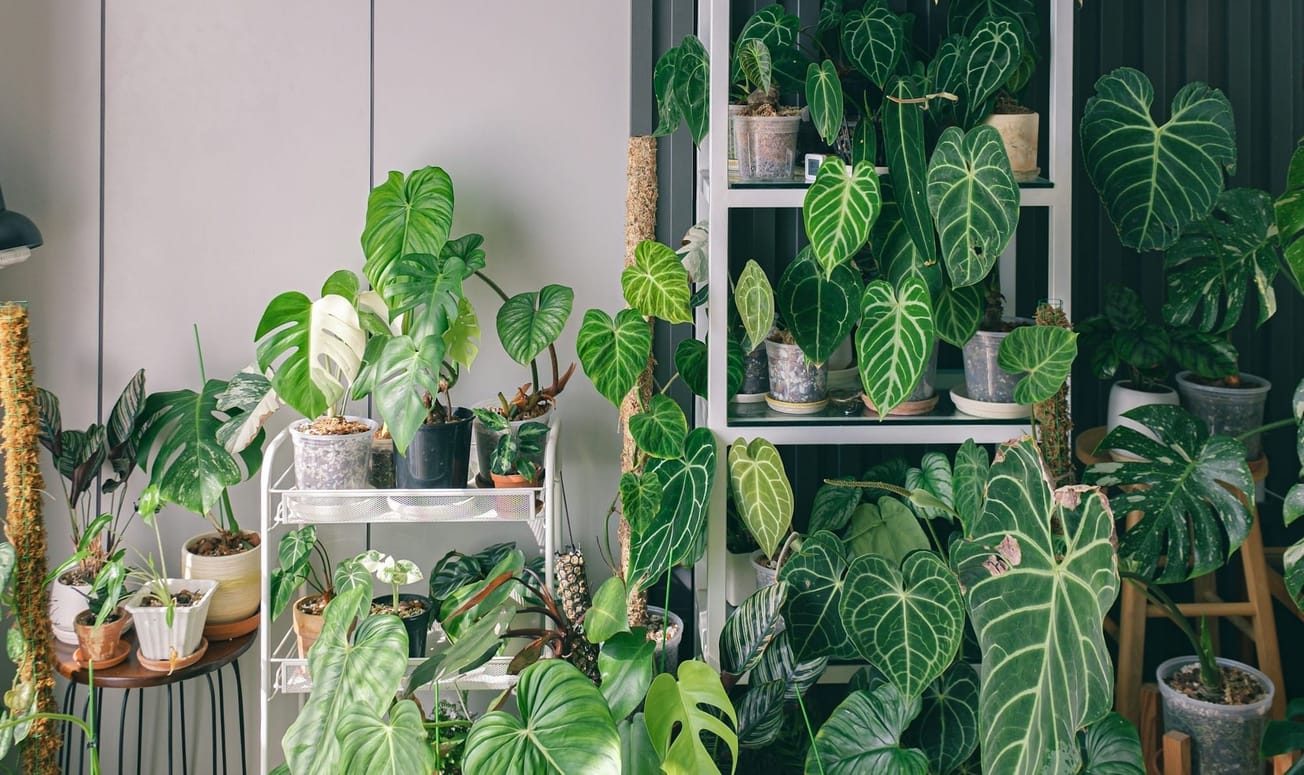By Patrick Sullivan, Co-Editor in Chief
The Croft Magazine // Bristol-based filmmaker Ben Akers started the charity to encourage men to open up, and the Bristol University group can be a template for others to follow.
Every Monday at 5pm I know I have a space to talk. Some weeks I talk about the good bits of life, other times about the stresses on my course, other times more personal matters. But every week, there’s a group of around five other men happy to listen.
Talk Club isn’t group therapy, and it’s important that nobody goes in expecting that. The charity started off the back of a documentary Bristol-based filmmaker Ben Akers made in memory of his childhood best friend, Steve Yates, who died of suicide aged 38 in 2014. When I invited Ben to come speak to a group of around 15 students involved with Epigram Film & TV in October last year, I expected a conversation about how the film format can be used to accurately convey the feelings of mental illness. Instead, we got round in a circle and discussed how we could support ourselves and others.

It was easily one of my most emotional days in recent times, and, speaking to Ben about the University and the many issues our students face, made me realise that these conversations need to happen on a regular basis. Another student who came along, Isaac Haigh, has since become one of my closest friends and together we started our own small Talk Club towards the end of the 2018/19 academic year. It’s just us booking a quiet room in the Multifaith Chaplaincy once a week, gathering together between five and ten self-identifying men we know from all aspects of University life, and providing the space to talk about how you really feel in that time.
The basis of Talk Club is that male friends talk to each other all the time, but many fail to properly communicate when they are struggling. There’s the stereotype of men deflecting real issues by talking sport in the pub or bonding over video games, but also a confusion surrounding masculine traits and a reluctance to seek diagnosis or medical support. These general behavioural patterns is a potential contributor to the statistic that three out of four suicides in the UK are men.
Footage from last night of a live Talk Club meet up. For more info: https://t.co/qkF6ElrpYL @itvwestcountry pic.twitter.com/gKqlEDFJSq
— TalkClub (@TalkClubUK) January 10, 2020
The first step is creating a safe, confidential space where you can talk about your life without judgement, agendas, or distractions. And that’s all Talk Club is. No real advice, solutions, or revolutions. It simply helps you realise where your head’s at and is a marker for checking your mental fitness every week rather than seeking support for your mental health.
I personally have quite a hectic life, and confronting myself with the starting point - ‘How do you feel today, out of ten?’ - every Monday evening gives me some breathing space to talk if I’m feeling overwhelmed. It’s also a massive relief to spend the session being considered a human being rather than the walking machine of professionalism I can feel like during everyday University interactions.
| How to support a friend with mental illness
I’d encourage everyone at University to create a regular space in your circles, regardless of gender, to give yourselves and those around you the opportunity to open up if need be. Another weekly session I have with my close-knit friendship group of mostly women is called Wine & Whine and has a completely different vibe to Talk Club, yet it still achieves a similar sense of togetherness and openness. There’s many ways the same support system can be applied to different groups, but it’s particularly important for men to acknowledge their need for it and take conversations away from the pub and the screens.
Ben Akers talking to Epigram Film back in 2018 | Epigram / James Turnbull
If you’re interested in coming along to our Talk Club, all self-identifying male students or staff are welcome Mondays or Tuesdays, 5-6pm. Follow this link and we’ll add you to the group chat. Beyond that, we’ll happily help anyone set up their own support group because we literally just booked a room, got a small group together, and started talking. Since then, I’ve certainly found it more natural to be more open.
Featured image: Ben Akers / STEVE
Find The Croft Magazine inside every copy of Epigram newspaper.









